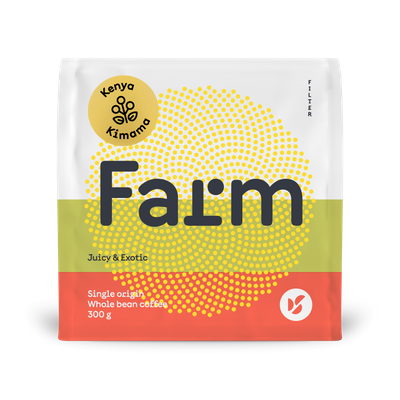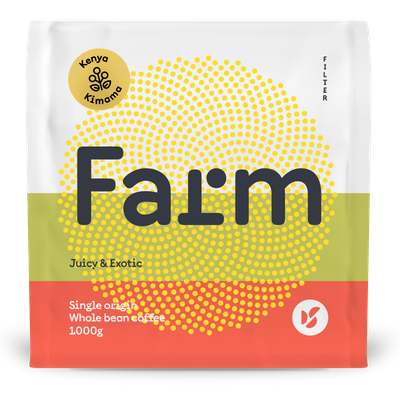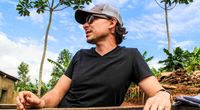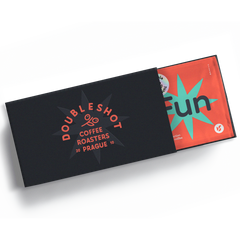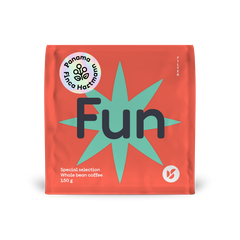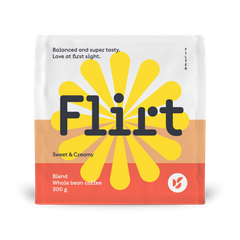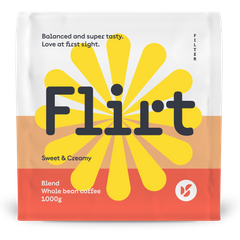
| Country | Kenya |
|---|---|
| Farm | Kimama Kaabirer, Nandi |
| Varietal | Arabica Batian, Ruiru 11, SL-28, SL-34 |
| Processing | Washed |
| Crop | January 2024 |
| Partnership | since 2014 |
| Flavour | Juicy & Exotic |
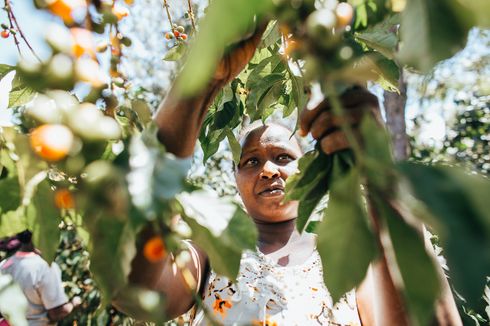
Kenya Kimama
The wait is over. Our first Kenyan coffee of the year is here, and it’s also a milestone for us, as this is the first time we’ve brought the coffee ourselves without using importers. Due to the tense situation in the Suez Canal, transportation was a bit more complicated.
We are currently collaborating in Kenya with the private Ngoe farm and the family-run Long Miles Coffee Project, which you might know from the Burundian coffees we purchase from them.
The coffee you can now taste is from the lesser-known Nandi region in western Kenya, where Ben Carlson of Long Miles focuses his efforts. It’s a blend of classic Kenyan varieties, processed using the washed method. This coffee is beautifully juicy, with a jammy body and the sweetness of cane sugar.
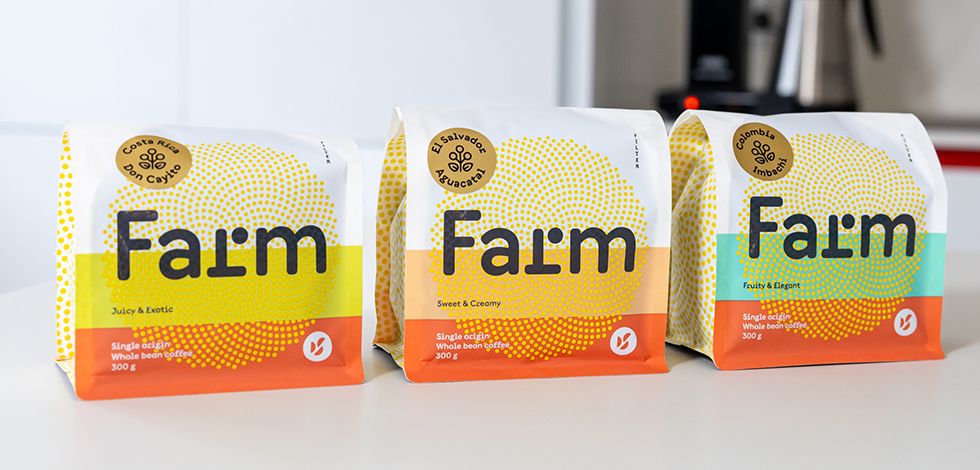
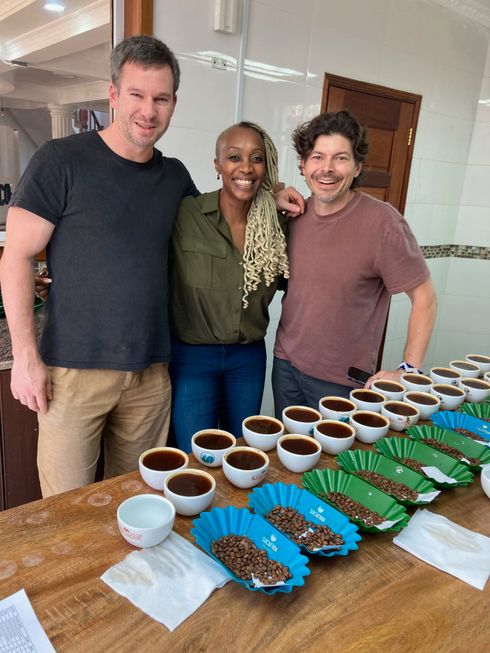
How does this coffee taste?
juicy and exotic
We personally selected this coffee with Ben during a cupping session in Nairobi. Jarda was particularly drawn to its jammy body with notes of red currant and the sweetness of cane sugar.
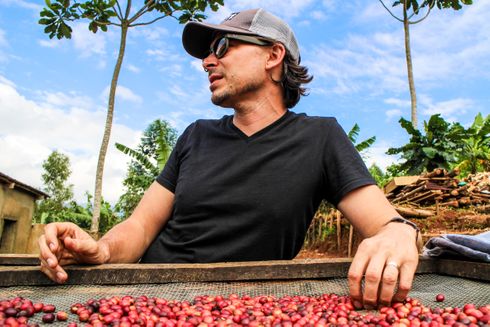
Coffee People Potential
In 2020, Long Miles partnered with the Wachira family's family business and jointly renovated their Thunguri processing plant. It originally served only them and a few neighbors. They continue with the same vision. Focus on long-term cooperation with a narrow circle of farmers. The first year they worked with 25 families. Last year, they expanded to 300 farmers who delivered their coffee cherries to the Long Miles plant.
Similar to Burundi, they have built a team of Coffee Scouts to help pass on agronomic experience in the care of coffee trees and a more sustainable way of growing coffee. They also help with the distribution of trees, which maintain important nutrients and moisture in the soil and, last but not least, provide shade.
The vision of our own farm
Long Miles will hopefully soon have its own farm. They’ve found a beautiful piece of land on the edge of a national park, where they plan to primarily plant the SL-28 variety.
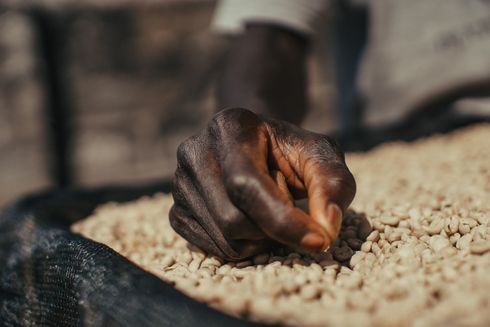
Washed Process
This lot was processed using the washed method. The freshly picked cherries are de-pulped in disc pulpers, followed by dry fermentation in concrete tanks (usually overnight, for 12-16 hours), washing, and then soaking the cherries in cold water before they are spread out on African beds. Drying takes 7-15 days, depending on the weather.

